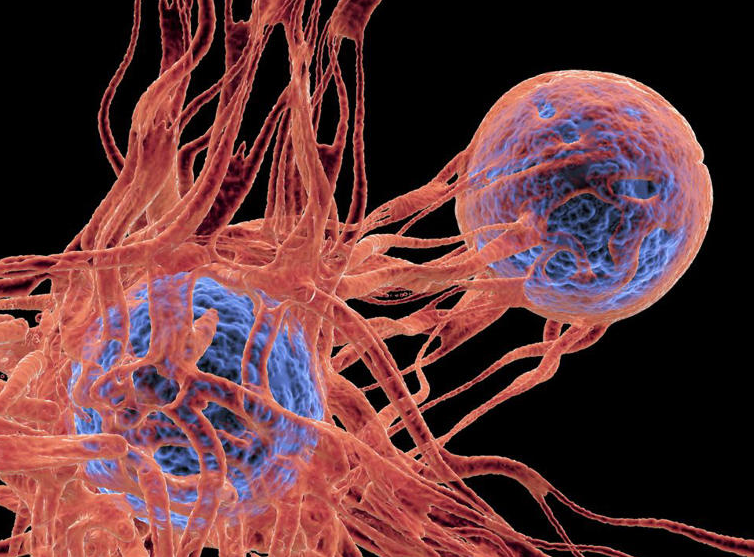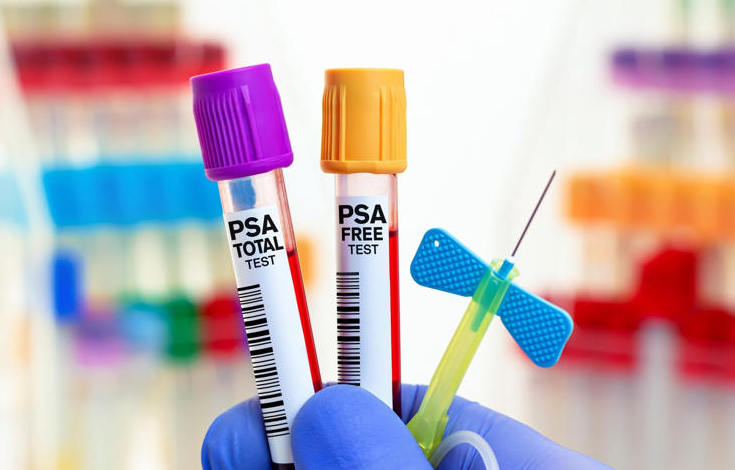Offering middle aged men a one-off PSA screening test does not save lives, according to the world's largest prostate cancer trial carried out by Cancer Research UK.
The findings won't surprise most doctors, who have long known that the PSA test is a flawed tool for looking for silent cancers of the prostate and, contrary to what celebrities with the disease so often advise, otherwise healthy men should not ask their doctor for the blood test. It may seem counter intuitive but here's why.
PST (prostate specific antigen) is a chemical produced exclusively by the prostate gland to liquefy semen. higher than normal levels suggest a problem with the prostate, albeit not just cancer. It is not very accurate. Most men with high readings do not have cancer, and in a significant minority those who do the teat comes back as normal. And even if PSA does work in your case, doctors are still not very good at picking out the minority of cancers that are aggressive and life-threatening from the majority that are not, meaning that too many men end up having radical treatment - surgery or radiotherapy that they don't need.
It is estimated that doctors have to treat about 40 men to save one of their lives. Great if you are that lucky one, not so clever if you are one of the other 39 left with side effects (which can include incontinence and erection problems) after treatment that you might have required had you not gone looking for trouble.
And last, for most men with average grade tumours (the most common type) the latest evidence shows that it makes little difference if you treat them aggressively, or just monitor the cancer. The death rate (from prostate cancer) is the same in both groups, and reassuringly small at only 1 per cant after a decade.
The advice? PSA can save lives, but at possibly too high a human cost to use as a screening tool, because it picks up too many cases that are best left alone. Therefore this suggests it's best not to ask your GP for a test, unless they suggest one (using PSA to aid diagnosis in symptomatic men being very different from screening otherwise-healthy ones). So its best to wait for a better test to come along.
Some men are more at risk of prostate cancer than others (such as those with a family history) - to see if you may be one visit http://www.prostatecancer-riskcalculator.com/
Source: Dr Mark Porter





